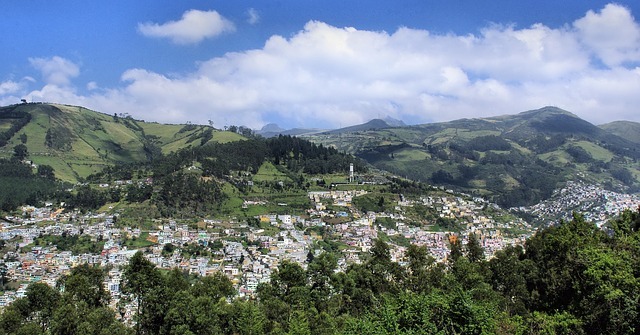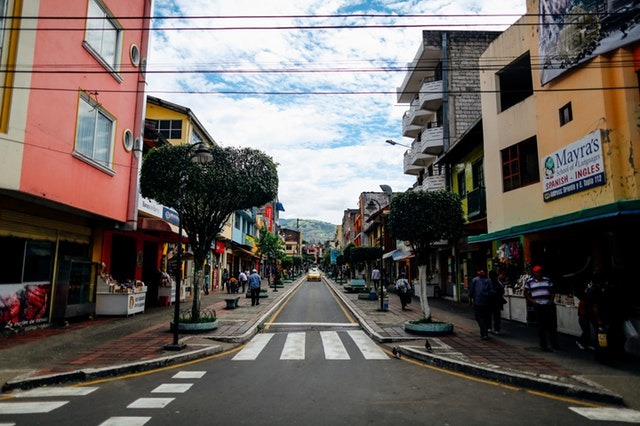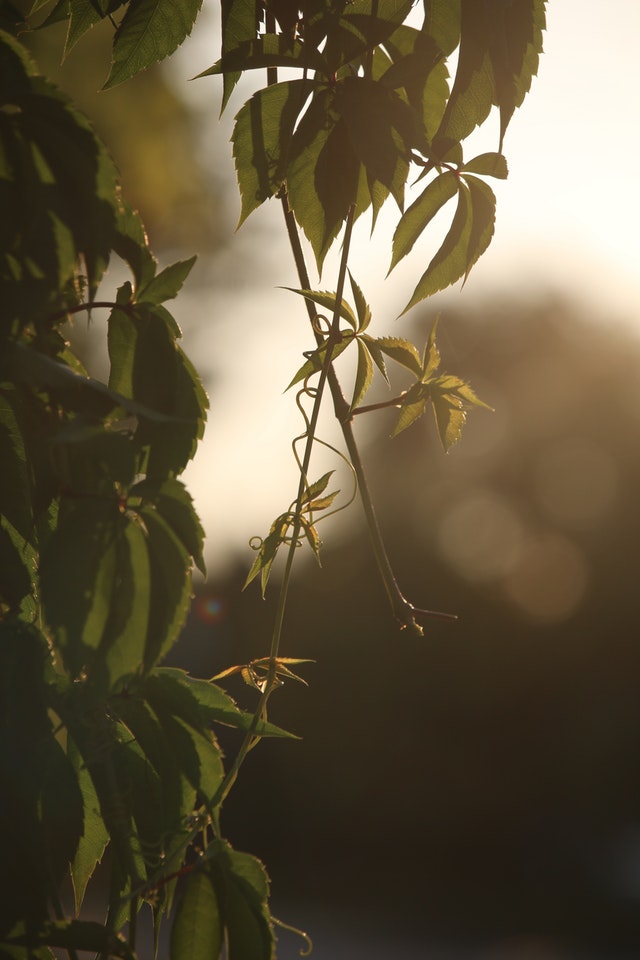The Ecuadorian government has set the maximum THC level for industrial hemp at a full 1%, following the example of Uruguay, Switzerland, and Australia. The reformed penal code clearly states that hemp under that limit is no longer a prohibited industrial or medical crop and that the regulation of THC levels is the responsibility of the National Agricultural Authority.
Ecuador hemp THC limit set at 1.0%


The Ecuadorian government set the THC limit for industrial hemp at 1.0%, following the example of Uruguay, Switzerland, and Australia.
The limit was set during a legislative session that legalized industrial hemp by removing it from Ecuador’s penal code.
The 1% THC limit is based on the dry weight of hemp green matter.
The reformed penal code clearly states that hemp under that limit is no longer a prohibited crop. It also states that the regulation of THC levels is the responsibility of the National Agricultural Authority.
Ecuador hemp regulations spark issues


Cannabis regulation has proven to be a problem in Ecuador. “Many politicians are aware of the economic potential that hemp represents in its different areas,” Oscar Farith Pino Herrera, founder of the NGO Industrial Hemp Ecuador, told HempToday. “However, there is still a struggle against the economic interests of conservative elites who do not want it to be approved.”
“Many politicians are aware of the economic potential that hemp represents in its different areas,” Oscar Farith Pino Herrera, founder of the NGO Industrial Hemp Ecuador, told HempToday. “However, there is still a struggle against the economic interests of conservative elites who do not want it to be approved.”
In 2015, Ecuador passed a new law decriminalizing the use of cannabis. However, the lack of clarity has caused confusion between the public and the authorities surrounding CBD and other compounds.
83 Ecuadorian legislators voted to approve the reform, while 23 members of the assembly decided to abstain from voting. 20 voted against the changes.
By establishing a 1% benchmark, Ecuador has placed itself at the legal forefront of a global scenario.
In most parts of the world, the THC limit for industrial hemp is 0.3%. European nations work under an even stricter THC limit of 0.2%, which stakeholders on the continent are working to change. North America observes a limit of 0.3% THC.
Ecuador’s hemp and cannabis strategy
The changes in Ecuador broadly address the use of cannabis for medicinal purposes. It also partially clears the way for the local CBD market, although many problems need to be addressed.
Some have advocated importing CBD from the beginning, to ensure quality and make pure CBD products are only available in pharmacies.


“Many producers make oils and these medicines in pots,” Omar Vacas Cruz, a researcher at the QCA Herbarium of the Pontificia Universidad Católica del Ecuador, told journalists recently, a process that “must be done technically, through a laboratory.”
“There are people who make money out of other people’s pain. That’s why I think that importing in the first place is fine with me,” Cruz said, “it will create a black market since importing will mean having products at higher prices.” Cruz said CBD now sells in Ecuador for about $30 for a 20 ml bottle.
An unclear cannabis investment picture
Depending on the dynamics of things, the most recent changes to the law could provoke an avalanche of investments.
U.S. and Canadian companies have shown interest in planting hemp in Ecuador, where long hours of light and post-volcanic soil provide optimal local conditions.
Agricultural potential with Ecuador hemp
Details about the licenses of producers and processors have yet to be resolved.
“It’s only a matter of time before Ecuador demonstrates its agricultural potential with hemp,” said Herrera of Industrial Hemp Ecuador.
Bolivia, Cuba, South Africa and Ecuador submitted a declaration that was adopted by the United Nations last year.
The declaration requires countries to “respect and protect rural needs” with the aim of “encouraging rural policies that include cannabis in their development strategies.”
—
First published in Hemp Today, a third-party contributor translated and adapted the article from the original. In case of discrepancy, the original will prevail.
Although we made reasonable efforts to provide accurate translations, some parts may be incorrect. Hemp.im assumes no responsibility for errors, omissions or ambiguities in the translations provided on this website. Any person or entity relying on translated content does so at their own risk. Hemp.im is not responsible for losses caused by such reliance on the accuracy or reliability of translated information. If you wish to report an error or inaccuracy in the translation, we encourage you to contact us.



Comments are closed for this post.